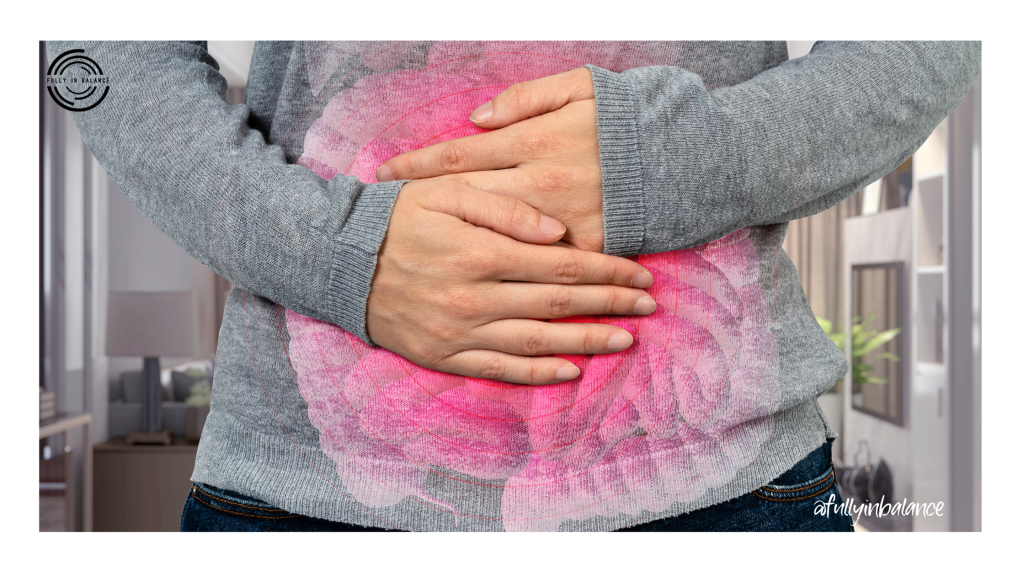Help Your Digestion with Food!
If you suffer from digestive issues, I would recommend trying these foods!
Our Jewish traditional food is not known for the leanest one – but definitely, a delicious and rich one that can lead to digestive problems like bloating, cramping, gas, abdominal pain, diarrhea, and constipation for a variety of reasons.
If you have been struggling with digestion problems, it might not be a medical condition, but actually, from the types of foods, you are eating. There are certain foods that are really food for digestion, and others that can be really bad for it. Here are some of the best tips to help your digestion with food.
Yogurt
Chia Seeds
Chia seeds are a superfood and also happen to be really good for your digestion. These seeds are a superfood because of how many nutrients they contain. You will get lots of vitamins, minerals, and antioxidants. They also have omega-3 fatty acids and fiber, both of which are great for improving your digestion and helping things move more smoothly. The nutrients in chia seeds can also help with regulating bowel function, reducing inflammation in your body, and lowering your cholesterol. All you need are a couple of tablespoons of the seeds each day, which are easy to add to smoothies, yogurt, or topping on salads.
Lean Protein
Bananas
Ginger
Dark Green Vegetables
If you are having digestive issues, don’t ignore them – tune in with your body and feed it with the right nutrients.
Digestive issues can be challenging, but certain foods may be helpful in easing uncomfortable symptoms. Research supports eating fermented foods, such as yogurt (or kimchi, tempeh, sauerkraut) to increase probiotics in your diet, which can improve digestive health. Fiber-rich foods, such as whole grains, dark green vegetables, and chia seeds, also play a role in digestion by helping food move through your system more easily or quickly.
If you’re seeking relief for your digestive woes, consider adding some of these foods to your diet if you need more ideas. If you suffer from irritable bowel syndrome (IBS), Gastroesophageal Reflux Disease (GERD), Crohn’s Disease, diverticulitis, and heartburn can put you at risk for more severe digestive issues you should consult with a doctor.
Make yourself a priority today! Help your digestion with food !




